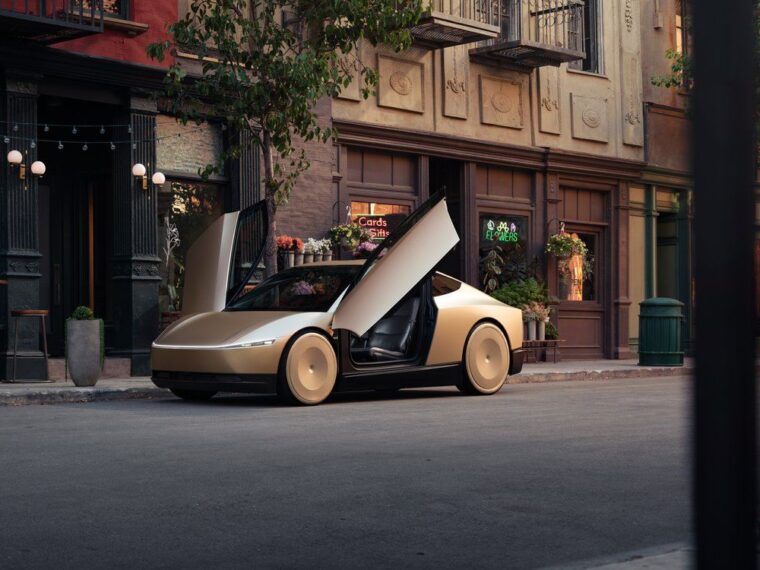The German Transport Minister has recently threatened to abstain from an EU vote to end the sale of new combustion engine cars and vans from 2035. This move has been met with criticism from environmental groups, who argue that the phaseout of internal combustion cars and vans in the EU would save almost 2 Gt of CO2 emissions by 2050. The FDP party’s decision to support the law has been seen as a way to score political points, and the European Green Deal is now at risk of being blocked.
The debate around this issue has raised questions about the viability of e-fuels for cars as an alternative to electric vehicles. While e-fuels may seem like a good idea, they are actually far less environmentally friendly than electric cars. A car running on pure e-fuels would emit significantly more CO2 over its life cycle than the electric car, and independent tests have shown that they emit as much poisonous nitrogen oxides (NOx) as fossil fuel engines. Furthermore, e-fuels are expensive to produce and require more energy to power cars than electric vehicles.
The industry’s own analysis shows that the volume of e-fuel forecasted to be available in 2035 would only fuel five million cars out of the EU’s projected fleet of 287 million. This is why car industry leaders have already dismissed the future use of e-fuels in cars.
It is clear that e-fuels are not a viable alternative to electric vehicles, and the German Transport Minister’s decision to abstain from the EU vote could have serious consequences for the European Green Deal. It is now up to Chancellor Olaf Scholz to make clear that Germany is a reliable international partner and ensure that the combustion engine phase-out is not overturned.
FAQ
Q1. How electric car batteries work?
A1. Electric car batteries are typically lithium-ion batteries that store energy and power the motor. They are recharged by plugging the car into an electric outlet or charging station.
Q2. What electric car has the longest range?
A2. The Tesla Model S has the longest range of any electric car currently on the market, with a range of up to 370 miles on a single charge.
Q3. How electric car batteries are recycled?
A3. Electric car batteries are recycled by breaking them down into their component parts and then separating out the metals, plastics, and other materials for reuse. The metals are melted down and reused in new products, while the plastics and other materials are recycled into new products.








